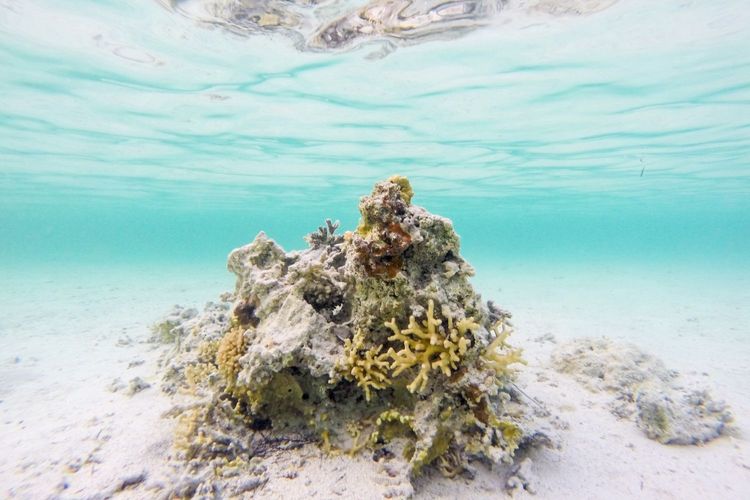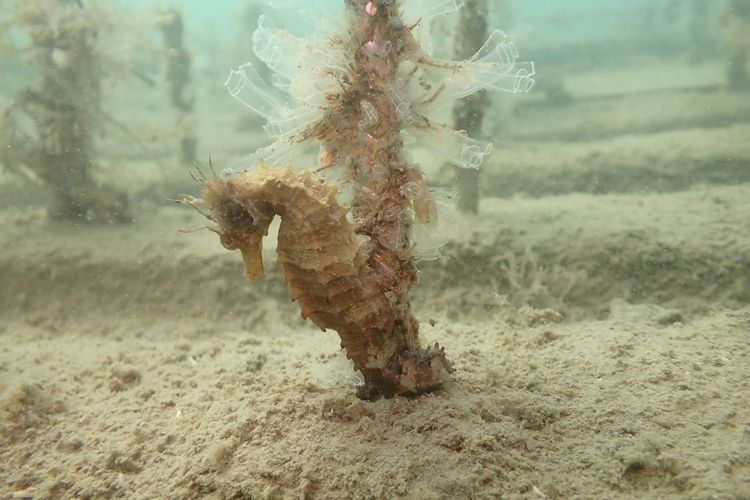
The new scientific report Global Tipping Points Report 2025, conducted by the Global Systems Institute at the University of Exeter, under the direction of Professor Timothy M. Lentone and signed by 160 experts in 23 countries, sounds the alarm: the Earth has already passed the first catastrophic climate tipping point, with serious consequences for coral reefs and the global balance of the ecosystem.
The irreversible risk to coral reefs
As reported by The Guardian, according to the report, coral reefs in warm waters are already in irreversible decline on a global scale and risk “widespread death” if global average temperatures do not quickly return to values around +1.2°C compared to pre-industrial levels. It is estimated that over 80% of coral reefs in more than 80 countries have been affected by bleaching events linked to ocean warming — the fourth global episode recorded since 2023 is the most severe to date.
Other natural systems at breaking point
The report warns that the world is “on the brink” of other potentially catastrophic tipping points:
- The destruction of the Amazon rainforest
- The collapse of major ocean currents
- The irreversible loss of ice sheets in Antarctica and Greenland
The polar ice caps are losing ice at an accelerated rate, and parts of them are already close to a point of no return. The Amazon—already subject to deforestation and climate change—is also closer than previously thought to an ecosystem collapse.
Urgency and ambivalence: between pessimism and hope
Scientists emphasize that tipping points can no longer be considered a future risk: the first is already underway. However, there are those who urge us not to give up. Some researchers, while acknowledging that many coral reefs are in serious crisis, say that some could adapt and survive even with a 2°C rise in temperature.The report also refers to “positive tipping points” in society, such as the large-scale adoption of electric vehicles, which could further reduce emissions.
The message is clear: we can no longer procrastinate, and the time to act is now. Our impact projects and awareness-raising initiatives aimed at citizens and businesses are vital parts of an urgent response. If coral reefs disappear, we will lose not only beauty and biodiversity, but also natural protection systems, marine habitats, and resources for millions of people.
To learn more about the Global Tipping Points Report 2025,click here


